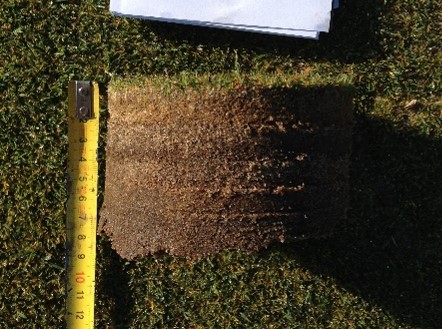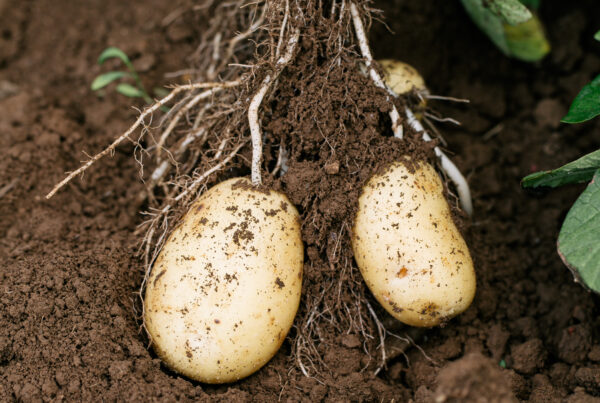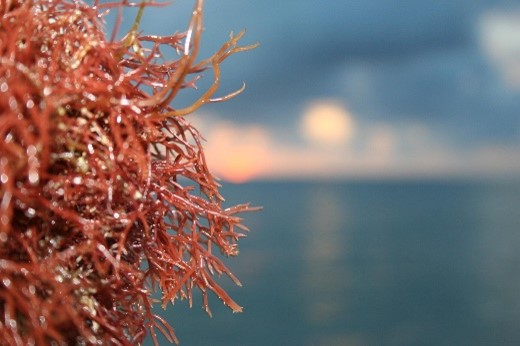Olmix Group discussed the way to move towards sustainability in order to reduce the dependency on chemicals in agricultural practices at the recent AlgaEurope 2019 event in Paris, France.
“Seaweed soil biostimulants can accompany agroecological transition towards a more robust and sustainable agriculture,” was the take-home message that Pi Nyvall-Collen, Olmix Group’s Scientific Director, shared with the attendees at AlgaEurope 2019 (Paris, France) after addressing the great potential of specific macroalgae extracts to be used to face the main challenges within a new era of agriculture.
A whole new context
It is an evidence that agricultural practices need to change and bet on more sustainability by applying new solutions to reduce use of water, of fertilizers, of energy or with less dependency on chemicals harmful for the environment, soil, plants, animals and humans.
This context has led Olmix to look for realistic solutions which could not be otherwise based on the valorization of opportunistic seaweed biomass and use this natural marine resource to develop innovative tools that improve biological processes in agriculture.
“Research and development have led the Olmix Plant Care division to come up with the foundations of the ‘Integrated Plant Care Management’ concept, which aims to improve the 3 essential factors of plant production performance: the quality of the soil, the quality of the plant’s nutrition and its ability to withstand aggression. If we talk about seaweeds, it has been proved that specific extracts of the red seaweed Solieria chordalis containing Olmix’s MSP® – marine sulphated polysaccharides – and other bioactives can be used to stimulate plant growth and quality,” explained the expert.
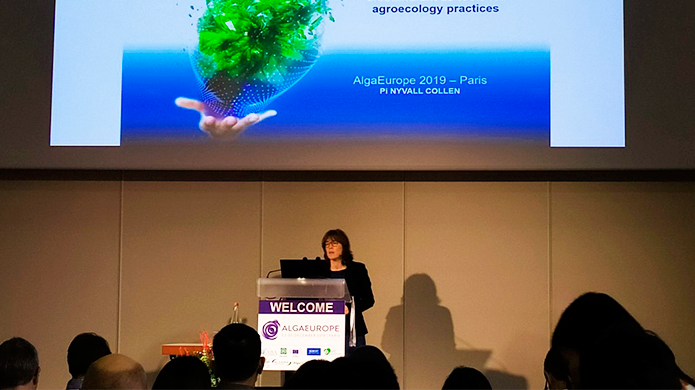
Ms Pi Nyvall-Collen (Olmix Group).
Promoting plant root mycorrhization
In fact, the seaweed-based products from Olmix Plant Care have proved to promote plant root growth when applied close to the rhizosphere. In addition, a higher mycorrhization frequency, intensity and quality was observed, even without microbial inoculation. The laboratory results were confirmed in field trials on different cultivars and different soil microbiota. Increased mycorrhization result in improved plant nutrition by accessing a higher soil volume for acquisition of water or mineral elements.
“Seaweed-based soil biostimulants and products for foliar applications are today combined into Plant itineraries for crop production to stimulate crop productivity and resilience and improve quality in accordance with agroecology practices.”
Algae-based solutions are proving to be a real asset to agroecology and to new sustainable strategies within the industry.
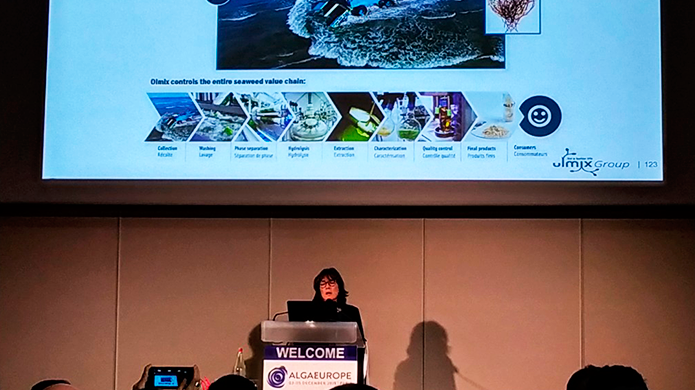
Ms Pi Nyvall-Collen (Olmix Group).
